 |
| March 10, 2021 |
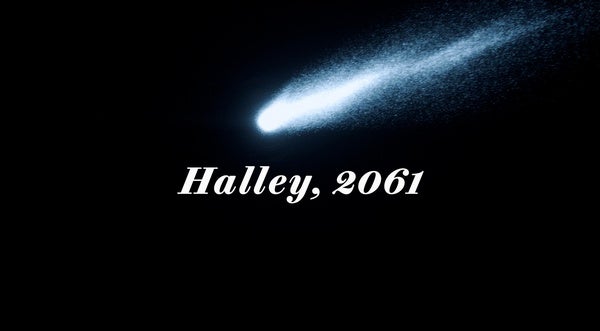 |
| |
| |
| |
| |
| |
| |
| Biology An Octopus Could Be the Next Model Organism Big-brained cephalopods could shine light on the evolution and neurobiology of intelligence, complexity, and more—and inspire medical and technological breakthroughs | | | | |
| |
| |
| Evolution That Mouse in Your House--It's Smarter, Thanks to You Scientists studied three varieties of house mice and found that those who had lived alongside humans the longest were also the craftiest at solving food puzzles. Christopher Intagliata reports. |  | By Christopher Intagliata | 02:08 | | | |
FROM THE STORE
 | | Criminal Psychology and the Roots of Violence In 2020, mass shootings and hate crimes reached record highs. On January 6, 2021, a deadly mob stormed the US Capitol. In this eBook, we examine the factors that contribute to aggressive and brutal behavior, including its biological and genetic underpinnings, how intimacy and bias can lead to violence, how people become radicalized to commit acts of aggression, as well as certain psychological disorders and their role in violent behavior. |  | | |
| |
FROM THE ARCHIVE
 | | | |
| QUOTE OF THE DAY
 "Before Halley's time comets had been regarded as chance visitors to our solar system, except when they were looked upon as special messengers of divine wrath." S. I. Bailey, astronomer | |
LATEST ISSUES
 |
| |
| Questions? Comments?  | |
| Download the Scientific American App |
| |
| |






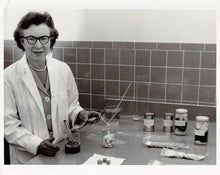
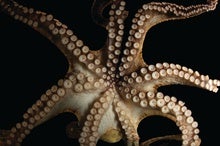


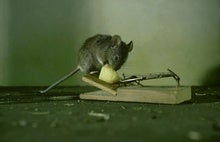





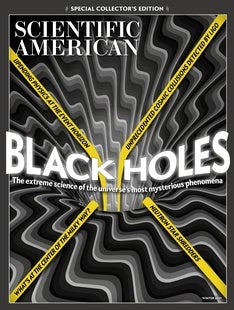


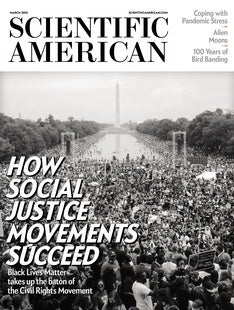
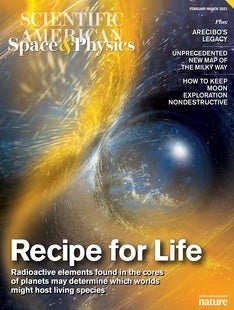



Comments
Post a Comment